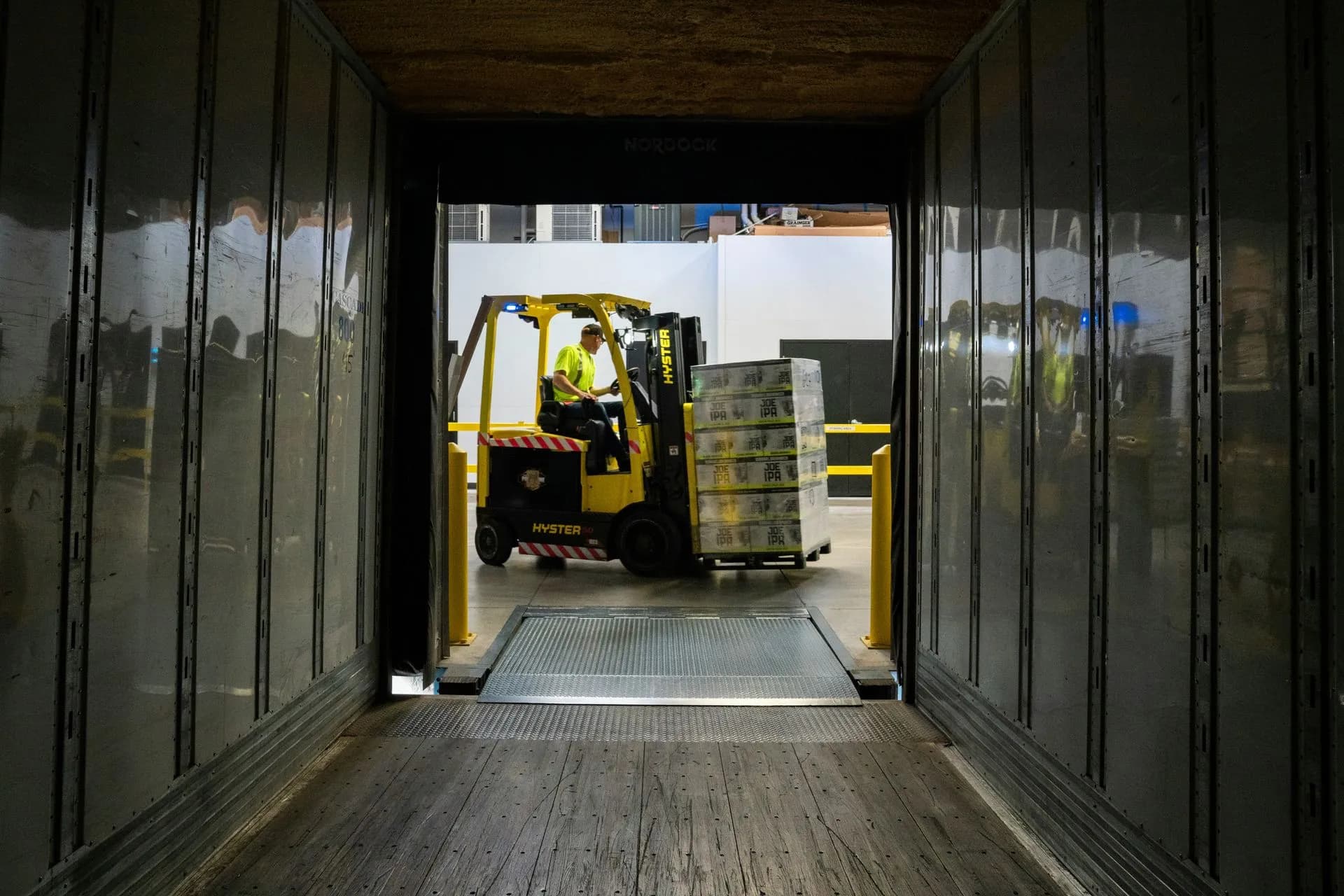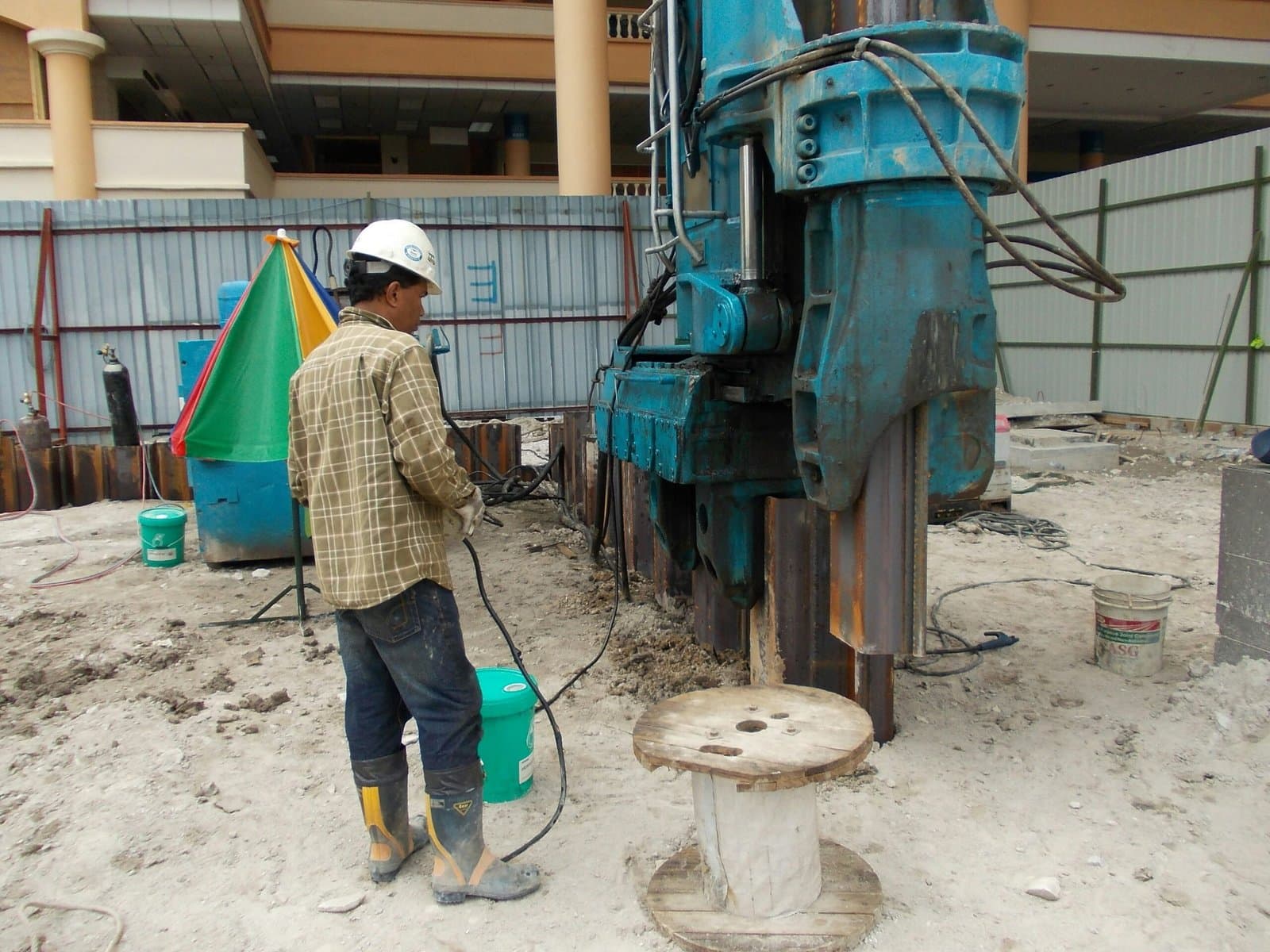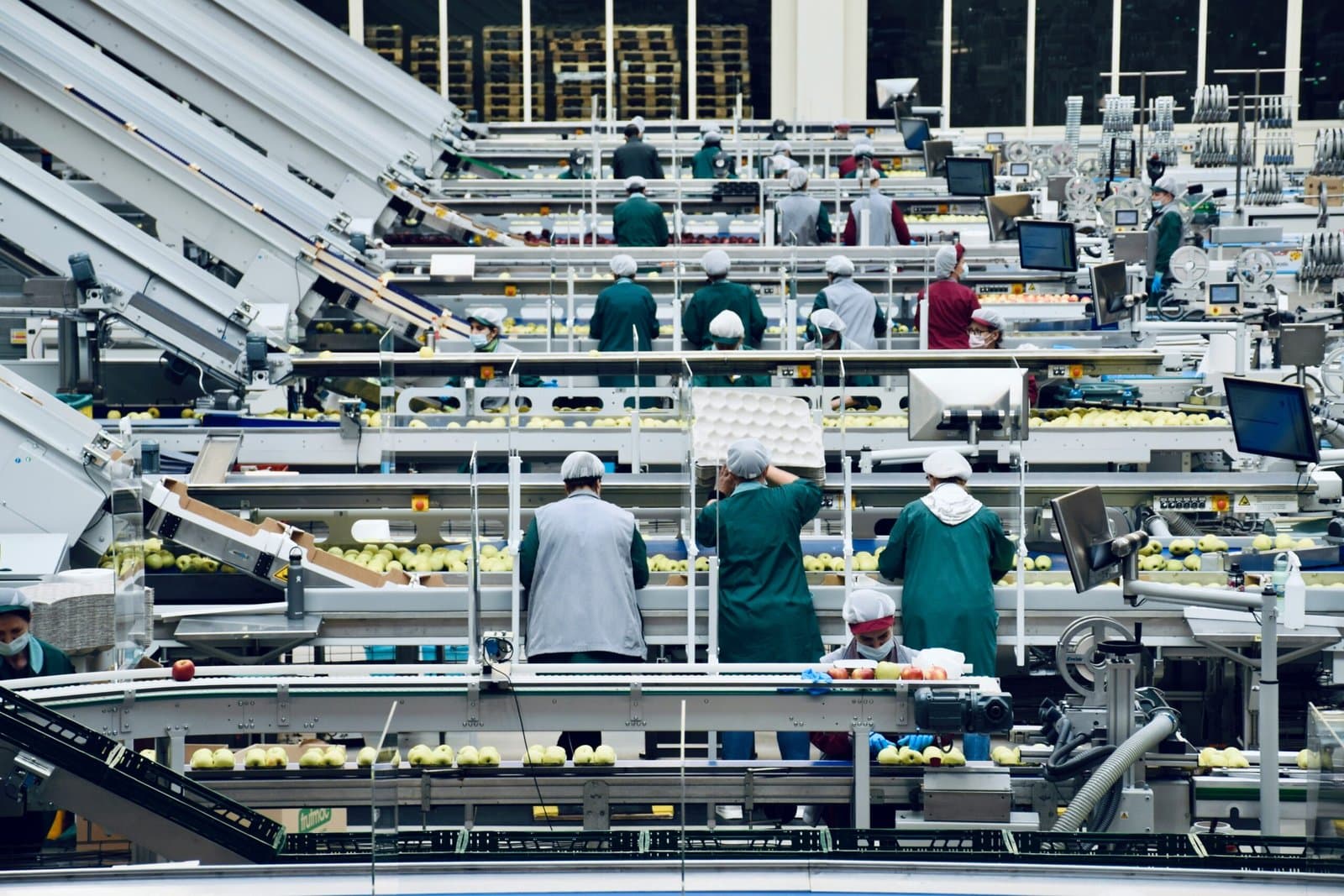Forklift Certified: A Comprehensive Guide

Forklifts are crucial in logistics and material handling, efficiently moving heavy loads. Whether you are a warehouse worker, construction professional, or someone considering a career in logistics, obtaining a forklift certification is a vital step towards ensuring safety, competence, and compliance with regulations. In this blog post, we’ll delve into the importance of forklift certification, the process involved, and the benefits it brings to both individuals and workplaces.
The Significance of Forklift Certification:
Safety First:
Forklifts are powerful machines that require skilled operators to prevent accidents and injuries. Obtaining a forklift certification ensures that operators are well-versed in safety protocols, reducing the risk of accidents and creating a secure working environment.
Compliance with Regulations:
Many countries have stringent regulations governing the operation of forklifts. Employers are obligated to comply with these regulations, and ensuring that their operators are certified is a key component of adherence. This avoids legal consequences and establishes a commitment to workplace safety.
The Certification Process:
Eligibility and Prerequisites:
Before pursuing forklift certification, individuals must meet specific eligibility criteria. Generally, candidates should be at least 18 years old, possess a high school diploma or equivalent, and have a valid driver’s license.
Choose a Reputable Training Program:
Look for training programs accredited by relevant organizations such as the Occupational Safety and Health Administration (OSHA). These programs typically include both theoretical and practical components to provide a comprehensive understanding of forklift operation.
Classroom Training:
Theoretical training covers essential topics, including forklift components, maintenance, load capacity, and safety guidelines. Operators must understand the theoretical aspects before moving on to practical training.
Hands-On Training:
Practical training involves hands-on experience operating a forklift under the guidance of a certified instructor. This phase ensures that operators can apply the theoretical knowledge in real-world scenarios, gaining confidence and proficiency in handling the equipment.
Written and Practical Exams:
At the end of the training, candidates typically undergo written and practical exams to assess their understanding and competence. Successful completion of these exams leads to the issuance of a forklift certification.
Benefits of Forklift Certification:
Enhanced Employability:
Many employers prioritize hiring certified forklift operators, as certification demonstrates a commitment to safety and competence. A forklift certification can set you apart from other job candidates and open new career opportunities.
Reduced Insurance Costs:
Certified operators contribute to a safer work environment, potentially lowering employer insurance premiums. This financial benefit is an additional incentive for companies to invest in accredited forklift training for their staff.
Improved Workplace Safety:
Forklift certification contributes to a workplace culture of safety. Certified operators are more likely to adhere to safety protocols, reducing the frequency of accidents and injuries.
In the fast-paced logistics and material handling world, forklift certification is not just a legal requirement but a key element in fostering workplace safety and efficiency. Investing the time and effort to become a certified forklift operator benefits individuals in their careers. It contributes to the overall safety and success of the industries that rely on these indispensable machines.
Newsletter
Don't miss a thing!
Sign up to receive daily news
Recent Posts

august 30, 2025
Decommissioning a Facility: How to Turn It into a Profitable Venture

august 25, 2025
Hydraulic Press Maintenance 101

august 18, 2025
Rigging Machinery: The Challenge of Moving and Installing Outdated vs. Modern Equipment

august 16, 2025
Conveyor System Maintenance: 5 Early Warning Signs of Failure

august 14, 2025
Predictive Maintenance: The Smarter Alternative to Costly Reactive Repairs

august 11, 2025